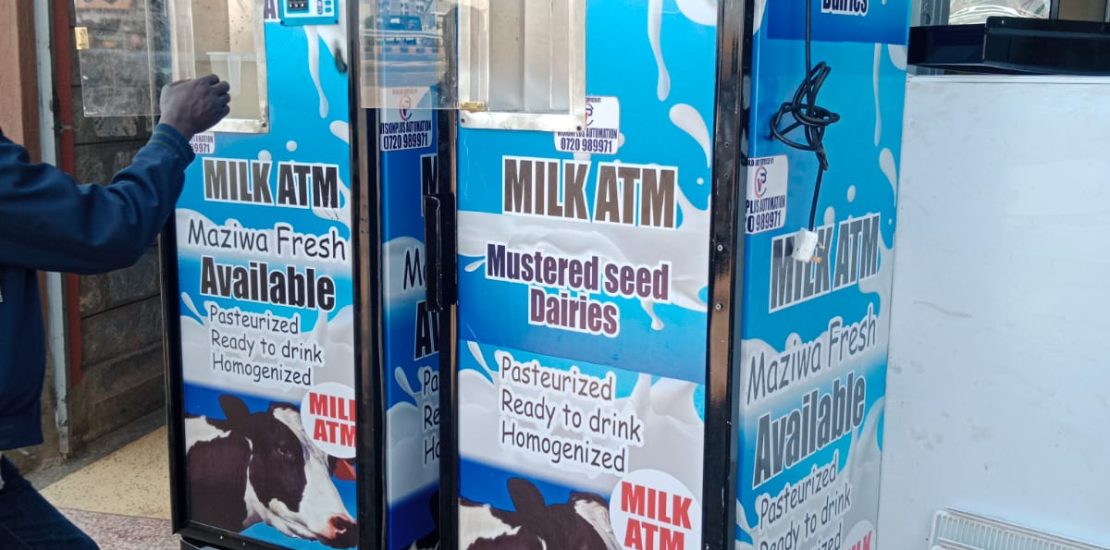- November 3, 2023
- Posted by: VisionPlus Automation
- Category: milk vending business

Starting a milk vending business in Kenya
Starting a milk vending business in Kenya
Starting a milk vending business in Kenya requires careful planning and fulfilling certain requirements. Here are the minimum requirements you need to consider:
1. Business Registration: Register your business with the relevant government authorities. Visit the Registrar of Companies or a Huduma Center to obtain the necessary documentation and licenses for your milk vending business.
2. Location: Identify a suitable location for your milk vending business. Look for areas with high foot traffic, preferably near residential areas or local markets.
3. Milk Supply: Establish a reliable source of milk supply. This can be done by partnering with local dairy farmers or contracting with dairy cooperatives. Ensure the quality of the milk meets the required health standards and consider the demand in your target area.
4. Equipment: Purchase or lease equipment necessary for milk handling and vending. This includes refrigeration units, milk dispensers, milk churns, storage tanks, cooling systems, and transportation facilities. Make sure the equipment is properly maintained and meets health and safety regulations.
5. Health and Safety Measures: Comply with food safety regulations and requirements set by the Kenya Bureau of Standards (KEBS) and the Ministry of Health. Implement proper hygiene practices, such as regular equipment cleaning, sanitary containers, and milk storage handling.
6. Licensing and Permits: Obtain the necessary permits and licenses for operating a milk vending business. This includes a business permit from the county government, food handling permits, and compliance with local health department regulations.
7. Marketing and Branding: Develop a marketing strategy to attract customers. This may involve creating a brand identity, designing eye-catching signage, building a website, utilizing social media platforms, and engaging in promotional activities.
8. Financial Planning: Prepare a comprehensive business plan that includes financial projections, costs, and revenue estimates. Secure adequate funding for startup costs, equipment, inventory, and operational expenses. Consider seeking financial assistance from banks, microfinance institutions, or entrepreneurship support programs.
9. Staffing: Determine the number of employees required to operate your milk vending business efficiently. Hire trained personnel who understand proper milk handling techniques, customer service skills, and hygiene practices.
10. Compliance with Regulations: Stay up-to-date with regulatory changes in the dairy industry. This includes keeping track of changes in milk pricing, quality standards, and consumer health protection laws enforced by government agencies such as the Kenya Dairy Board and KEBS.
Remember, these are the minimum requirements to start a milk vending business in Kenya. It is always advisable to conduct thorough market research, develop a detailed business plan, and seek professional advice to increase your chances of success.
